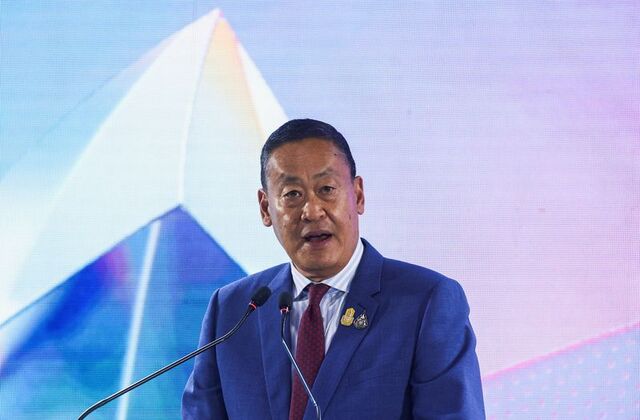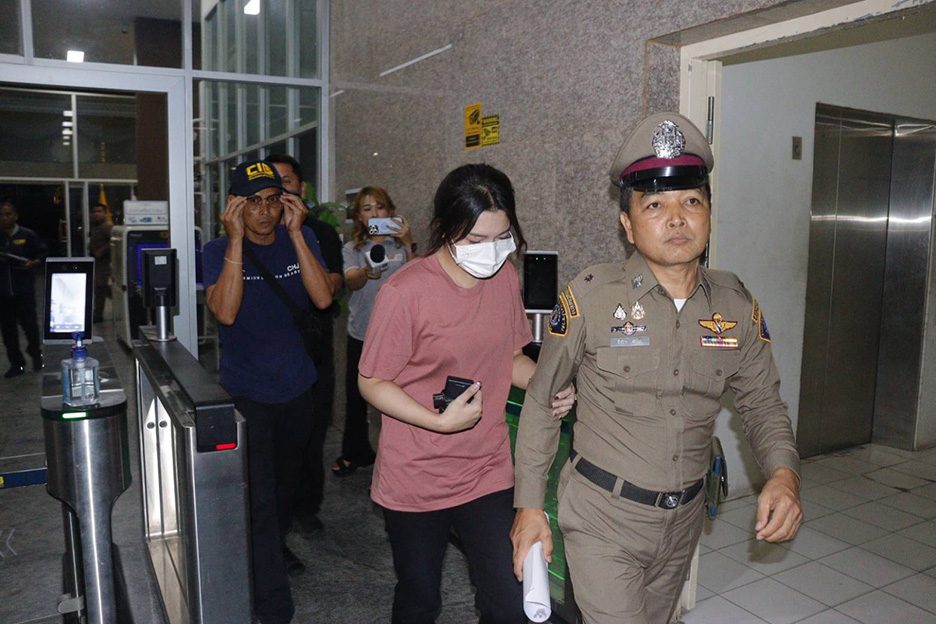Commemorating Six Decades of Strong Bilateral Relations
Special Logo Unveiled to Mark the Milestone
Singapore and Thailand are celebrating the 60th anniversary of their diplomatic relations this year. To honor this significant milestone, the Singaporean Embassy has introduced a commemorative logo, which was selected through a competition organized in collaboration with the foreign ministries of both countries and the Royal Thai Embassy in Singapore.
A Partnership Built on Multifaceted Collaboration
Speaking at the logo launch event at Siam Paragon in Bangkok, Catherine Wong Siow Ping, Singapore’s Ambassador to Thailand, highlighted the deep and diverse partnership between the two nations. Established on September 20, 1965, the relationship spans politics, economics, defense, education, and more.
Innovative Collaborations Strengthening Ties
Pioneering Real-Time Payment System Linkage
In 2021, Singapore and Thailand launched the world’s first real-time payment system linkage between Singapore’s PayNow and Thailand’s PromptPay. This groundbreaking initiative has facilitated seamless cross-border transactions, enhancing economic connectivity between the two nations.
Advancing Renewable Energy Integration
The following year, the Laos-Thailand-Malaysia-Singapore Power Integration Project was initiated, promoting multilateral cross-border trade in renewable energy. These initiatives underscore the commitment of both countries to innovation and sustainable development.
Thriving Economic and Investment Ties
Mutual Trade and Investment Growth
In 2023, Singapore and Thailand were each other’s 9th-largest trading partners, reflecting robust economic ties. Singapore has consistently ranked among Thailand’s top five sources of foreign direct investment (FDI), and in 2023, it emerged as Thailand’s top foreign investor, demonstrating continued confidence in the Thai economy.
Exploring New Areas of Cooperation
During Singaporean Prime Minister Lawrence Wong’s official visit to Thailand in November 2023, both governments discussed expanding cooperation in areas such as food and energy security, as well as carbon credit trade. Singapore also looks forward to welcoming Thai Prime Minister Paetongtarn Shinawatra for an introductory visit this year.
Historical and Regional Connections
A Legacy of Friendship Dating Back Centuries
Lalivan Karnchanachari, Vice Minister of Thailand’s Foreign Affairs Ministry, emphasized that the ties between Thailand and Singapore predate formal diplomatic relations. In 1871, King Rama V made the first regional land visit to Singapore, gifting a bronze elephant that still stands in front of the Old Parliament House as a symbol of enduring friendship.
Founding Members of ASEAN with a Shared Vision
Both nations are founding members of ASEAN and have played pivotal roles in promoting peace and prosperity in the region. Their shared vision of regionalism has driven ASEAN’s growth into a globally recognized organization with one of the world’s largest economies.
Looking Ahead: A Bright Future for Bilateral Relations
Strengthening Ties Through Continued Collaboration
As Thailand and Singapore celebrate 60 years of diplomatic relations, both nations remain committed to deepening their partnership. The commemorative logo serves as a reminder of their shared history and a symbol of their promising future.
A Model for Regional and Global Cooperation
The enduring friendship and collaboration between Thailand and Singapore set a benchmark for regional and global partnerships. Their joint efforts in innovation, sustainability, and economic integration continue to inspire and benefit the broader ASEAN community.









